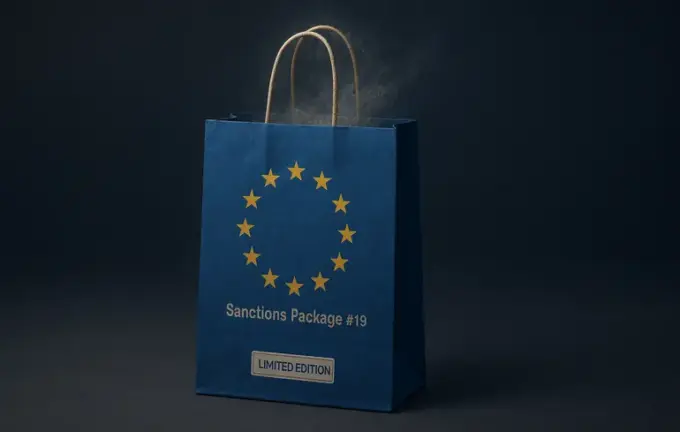Slovakia Removes Veto on EU’s 19th Sanctions Package Against Russia: Expected Approval by the Union

Amid ongoing efforts to strengthen sanctions against the Russian Federation, Slovakia has made a crucial decision to lift its opposition to the European Union’s 19th sanctions package.
This development paves the way for a potential approval of the new set of restrictions during the EU summit on Thursday, aimed at further pressuring Moscow and reducing its energy revenues.
The package, which proposes banning the import of liquefied natural gas from Russia starting January 2027—one year earlier than initially planned—also targets Russian banks and cryptocurrency exchanges involved in circumventing sanctions.
The primary goal of these measures is to weaken Russia’s financial and energy capabilities, including prohibiting the export of military-related goods and increasing oversight over oil tankers that assist Moscow in energy resource smuggling.Internal disagreements within the EU, especially from Austria and Hungary, have delayed the approval.
Austria initially pushed for the unfreezing of assets linked to Russian oligarch Oleg Deripaska to offset fines paid by Austria’s Raiffeisen Bank International in Russia but withdrew its demand after insufficient support.
Hungary likewise agreed to lift its veto, with Foreign Minister Peter Szijjártó asserting that the sanctions do not harm Hungary’s core national interests, though he acknowledged their limited effectiveness.Following talks, Slovak Prime Minister Robert Fico announced that his country would remove its veto if EU leaders include measures addressing high energy prices within the summit’s conclusions, a move expected to garner broad support.
Once approved at the summit, the sanctions will be officially adopted by the member states at the next council meeting.
These sanctions also stipulate trade restrictions on Chinese and Indian firms aiding Russia’s sanctions evasion, as well as bans on exports valued over 40 billion euros used in Russia’s military industry, including minerals, ceramics, and rubber.
Additionally, over 100 oil tankers linked to energy trade with Russia will enter the EU’s black list, raising the total to approximately 550 vessels.This expansion of sanctions reflects the EU’s persistent commitment to counteracting Russia’s aggression, supporting Ukraine, and tightening the economic noose around Moscow.
The new measures are part of a broader strategy to diminish Russia’s military and energy potential, further isolating it on the international stage.

